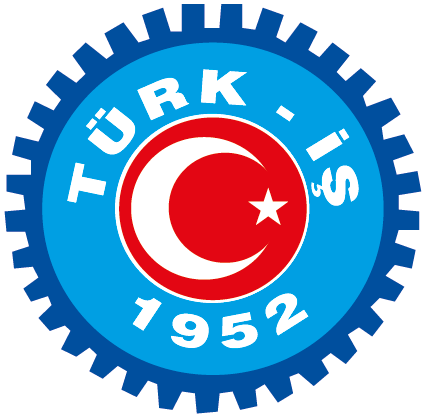
Eighty years ago, the World Health Organisation (WHO) warned of its dangers. In the 1960s, EU member states regulated or banned it. In 2009, it was outlawed in Turkey. Yet in today’s global fashion industry, sandblasting remains the method of choice for giving jeans a trendy faded look.
The process of sandblasting releases silicia dust which, when inhaled, causes infection and scarring in the lungs. Continued exposure can causes silicosis, an incurable disease that worsens over time even after exposure stops.
As a result of long working hours in cramped unventilated areas with little or no protection, workers in the denim industry contract silicosis much more quickly than workers in other sectors, often after four or five years of exposure, and in some cases after as little as twelve months.
Around five billion pairs of jeans are produced every year and a growing and very profitable segment of the market is for faded or “distressed” jeans. In Turkey, the world’s third largest exporter of jeans and the only country so far where the effects of sandblasting have come under scrutiny, 550 former sandblasting workers have been diagnosed with silicosis since 2005 and 46 have so far died of the disease. These officially-documented cases are just the tip of the iceberg both in Turkey and globally.
In April 2009, following a campaign led by workers, their unions, doctors and civil organisations, sandblasting was banned in Turkey. Following the ban, however, sandblasting was relocated to other countries.
The ITGLWF is calling on its affiliates to take the lead in investigating the use of sandblasting in their respective countries. Where it exists, they should campaign to eliminate the practice and exert pressure to ensure that past and present workers are tested and that those affected receive adequate medical care as well as compensation. Workers should be made aware of the dangers and of the need for strong union organization, as well as meaningful worker participation in factory safety programmes to protect them from such abuses.
Governments in producing countries should outlaw the process or enforce existing bans and those in consuming countries should ban the import of sandblasted jeans. And the ILO and the WTO should be called upon to intervene to help impose a global ban.
However, in the absence of effective government regulation brands and retailers urgently need to take voluntary action. Even if brands and retailers adopt rigorous standards regarding sandblasting, there will always be suppliers that do not enforce those standards, thus putting unsuspecting workers at risk. Therefore the best policy is to ban sandblasting altogether in the garment industry.
In January, the ITGLWF convened a meeting of jeans’ brands and retailers to raise awareness of the need to eliminate the use of sandblasting.
Says ITGLWF General Secretary Patrick Itschert: “The initial meeting was very positive. It was clear that participating companies were committed to moving forward. Joint efforts are now underway to draft a protocol on the elimination of sandblasting to be tabled at a follow-up meeting within the next couple of months, as well as to invite more brands to become involved in the process.
“Sandblasting is an issue that puts the morality of the fashion world to the test and unions must not rest until the process has been effectively eliminated,” he concluded.
(28 March 2011)





